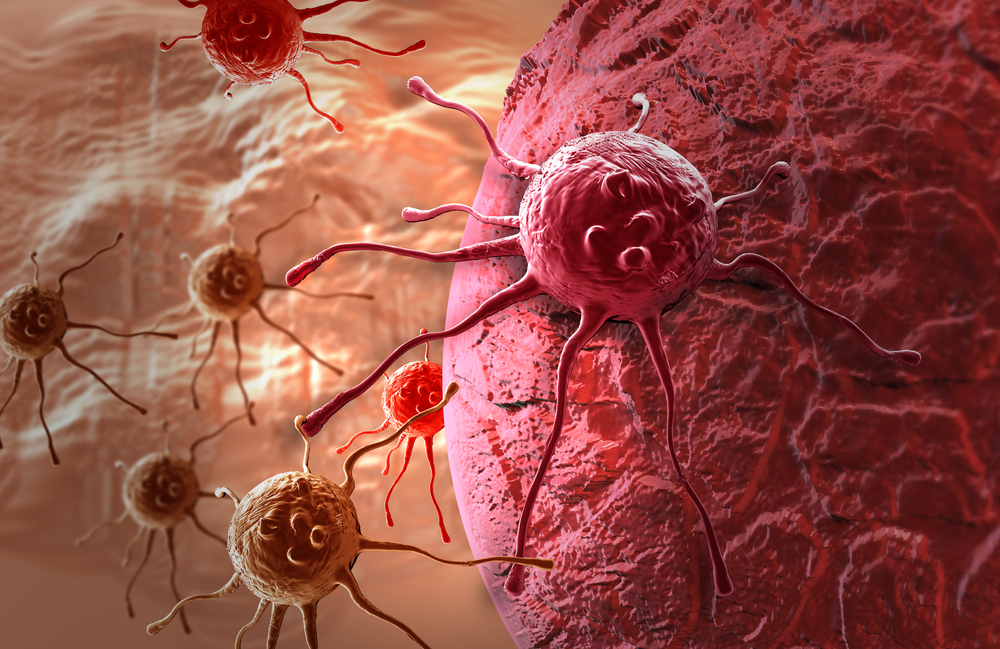In an editorial entitled “Is endometriosis a preneoplastic condition?“, published this week in the Women’s Health journal Dr. Fuat Demirkiran reviewed what is presently known about the relationship between endometriosis and cancer.
Endometriosis is a benign chronic gynecologic condition that develops as a consequence of endometrium (inner lining of the uterus) cells that normally grow inside the uterus initiating their growth outside the uterus, leading to infertility and pelvic pain, usually during menstruation. It affects as much as 10-15% of all reproductive-age women and the inflammation associated with the cyclic detachment of cells from the wrong site during menstruation is deemed to cause the symptoms associated with the condition.
Very rarely endometriosis cells can transform into cancer cells. There are several previous studies corroborating this relationship between endometriosis and several types of cancers. Moreover, cancer is also the result of the abnormal growth of cells that can then gain the ability to invade and spread to adjacent tissues and distant parts of the body. Both diseases share some similarities such as the ability of cells to invade and spread. There are actually several studies that explore this resemblance but the two diseases are different in behavior, as cancer ultimately causes death.
The actual causes of endometriosis and ovarian cancer are still poorly understood, nevertheless some similar factors decrease the risk of both diseases including tubal ligation (surgery to “tie” the woman’s tubes), hysterectomy (surgical removal of the uterus), oral contraceptives (the pill), and pregnancy. Conversely, infertility, early menarche (start of the menstrual cycles) and late menopause increase the risk of both endometriosis and cancer.
Breast cancer is also dependent of the hormone environment and has several common risk factors to those of endometriosis, including high estrogen levels, obesity and hormone replacement therapy. The infertility caused by endometriosis is also a direct risk factor for breast cancer. There are some studies stating a relationship between endometriosis and endometrial cancer, although most of them have conflicting findings and a true association is difficult to be proven.
In spite of the aforementioned relationships, endometriosis patients have a lower risk of developing cervical cancer, in consequence either of more frequent gynecologic follow up or a greater inflammatory environment that helps to treat the human papillomavirus infection deemed to cause virtually all cervical cancers.
In the end, the association of endometriosis to cancer, especially to ovarian cancer which has an associated high mortality rate, should be included in the gynecologist’s evaluation of a patient with long standing endometriosis. This association to ovarian cancer is an important issue that every physician and patient should be aware of.

